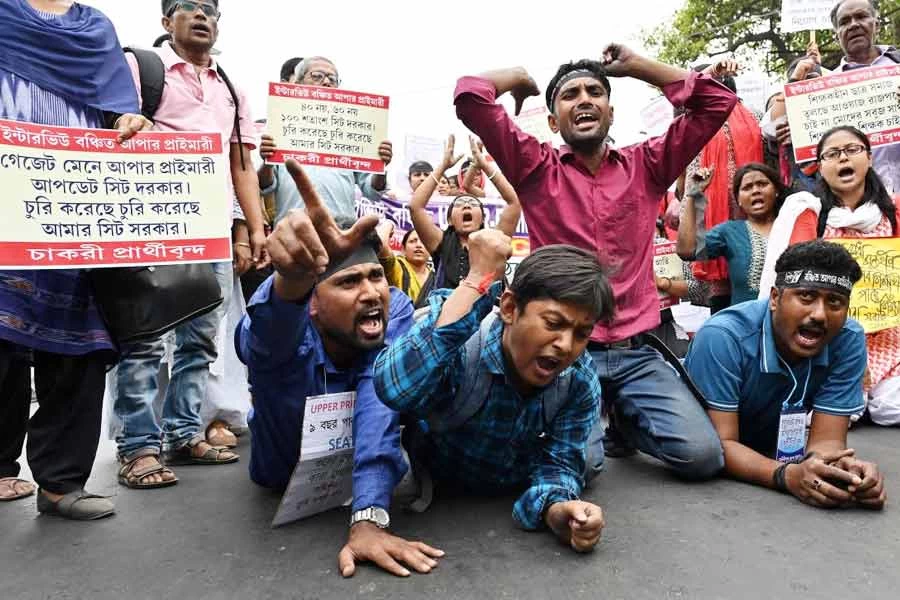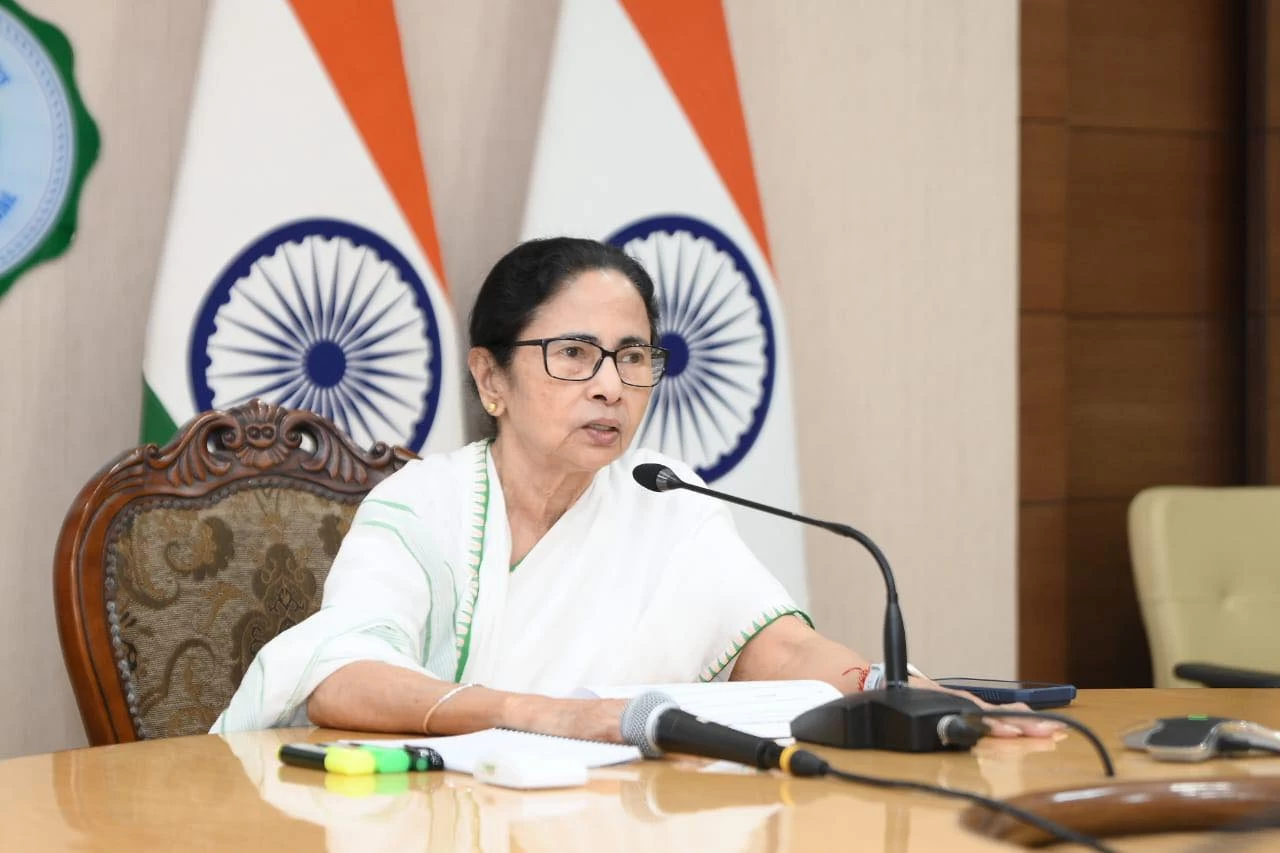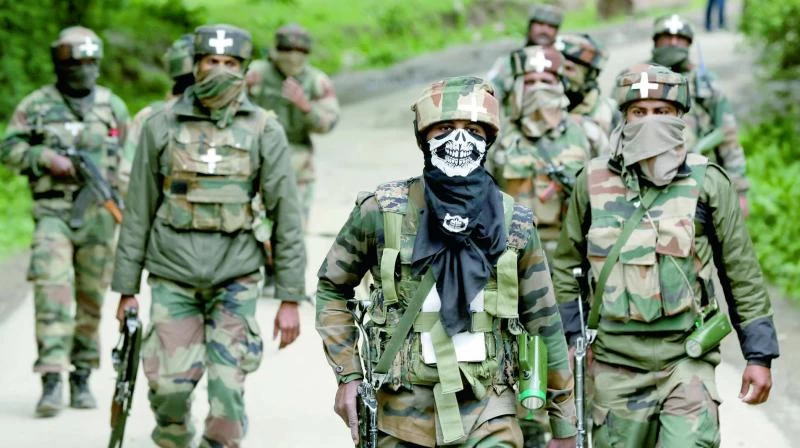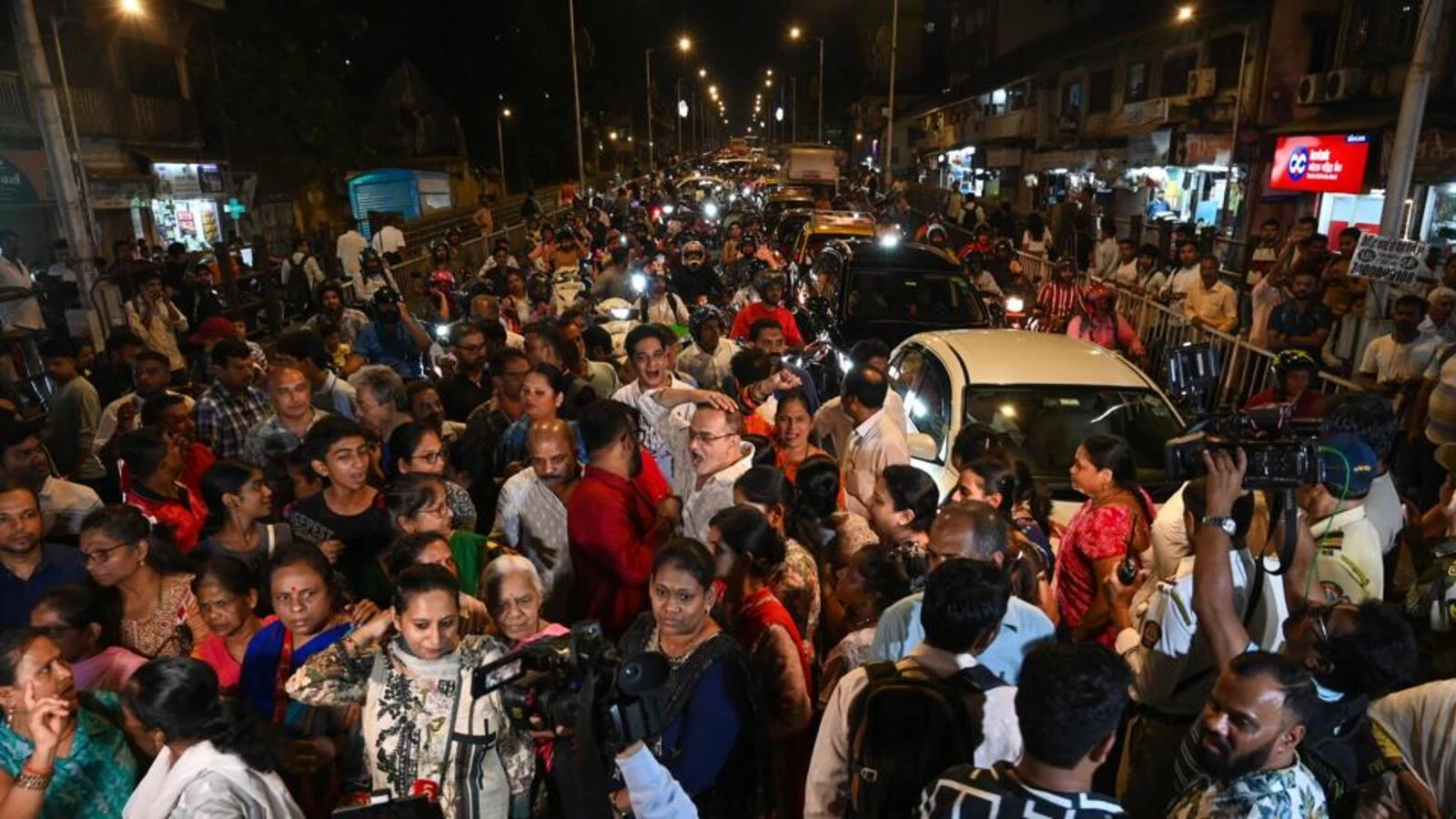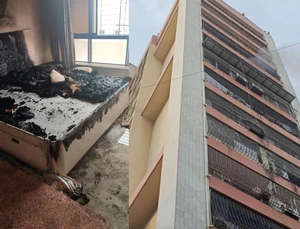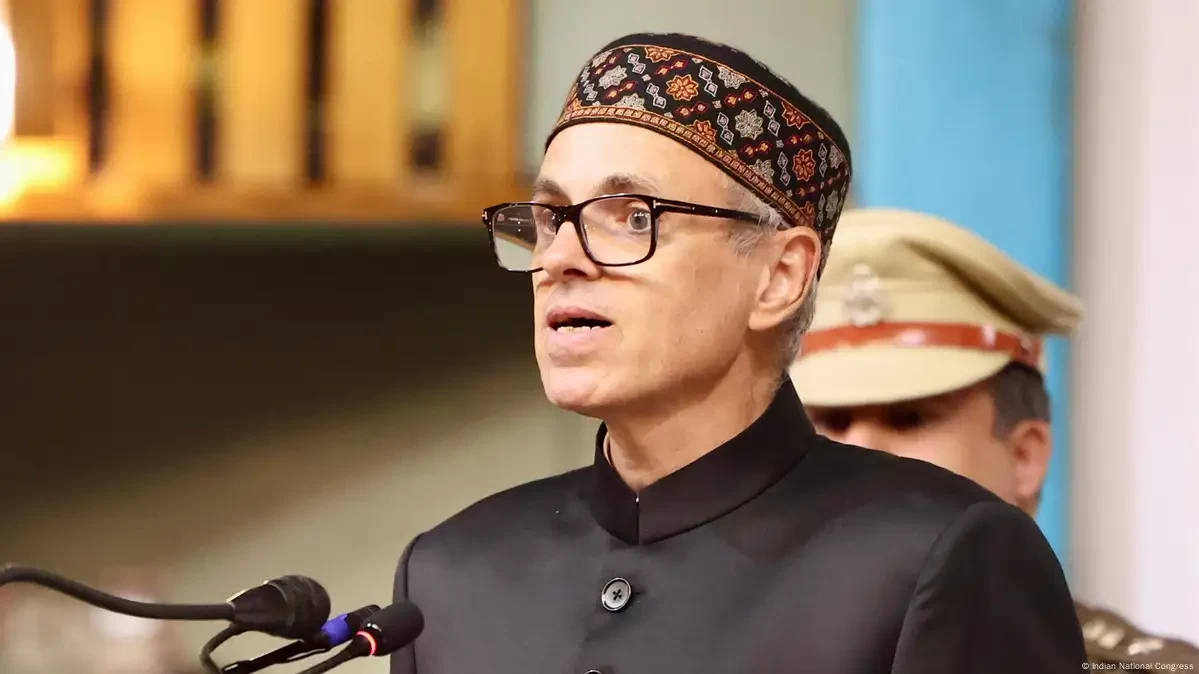Latest Updates
Art 370 hearing: J&K can not be treated differently and bifurcated, SC reminds of Punjab, NE and ongoing trouble in Manipur
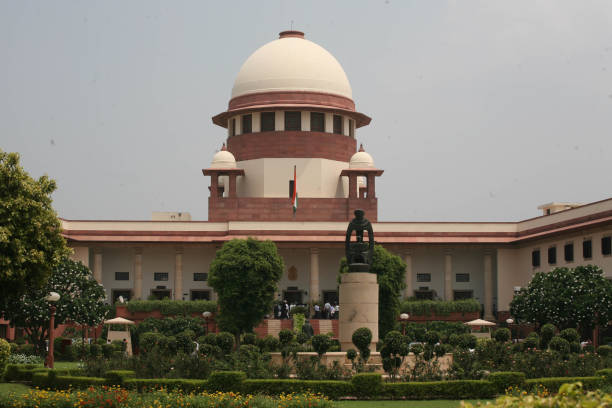
Jammu and Kashmir can not be singled out, Supreme Court observed on the twelfth day of hearing of cases challenging the abrogation of Article 370. Supreme Court Constitution bench reminded that there are several other parts of India hit by militancy and separatism including Punjab and the north-eastern states. The bench referred to the ongoing situation in Manipur and quizzed if there were possibilities of other states getting bifurcated into union territories like J&K was done in 2019. Solicitor General (SG) Tushar Mehta had responded that J&K was a one off situation. "If Gujarat or Madhya Pradesh were to be bifurcated, then parameters would be different," said Solicitor General Tushar Mehta. Supreme Court Constitution Bench questioned if the issue of bifurcation could have been settled in Parliament. Chief Justice of India DY Chandrachud also questioned that the power to bifurcate a state will not be "misused" if it is conceded to the Central government. "Does parliament have the power to convert an existing Indian state into a Union Territory?" questioned Chief Justice Chandrachud. CJI also added “Once you concede that power to the Union in relation to every Indian state, how do you ensure that the kind of abuse they apprehended -- this power will not be misused?”.
"We have seen very difficult times in Punjab, North-East. Not a one-off instance”, observed Justice Sanjay Krishan Kaul. Rebutting SG Justice Sanjiv Khanna had observed "You cannot say that it is to be treated differently because it is a border state,”. SG Tushar Mehta stressed before the bench that not all neighbours are friendly indicating the historic border issues with Pakistan. "See the consistent, repeated situation we are facing since decades. Here, one part of the territory is occupied by Pakistan, PoK. This is a problem faced by the nation since decades and these decisions are not taken as knee-jerk decisions. These are policy considerations”, SG had replied. During the hearing on Tuesday, the Central government submitted that making J&K a Union Territory was a temporary measure and that its statehood would be restored, although Ladakh would remain a Union Territory.
The Bench remained the clause 3 of Article 370, which allows the President to cease the operation of the Article, on the recommendation of the Constituent Assembly of J&K and thereby enquired about the recommendation made by the Assembly, if any. "If the Constituent Assembly recommends to the President that do not abrogate Article 370, then is it open to the President to override the Constituent Assembly?”, CJI had asked the AG. AG had responded by stating that the role of the Assembly is of advisory in nature. CJI had strongly responded saying “But mere recommendation does not mean it can be overridden." CJI Chandrachud pointed out that the word 'recommendation', found in Article 370(3), along with words like 'concurrence' and 'consultation', meant a positive decision and not a mere opinion.
The hearing to continue on Thursday.




